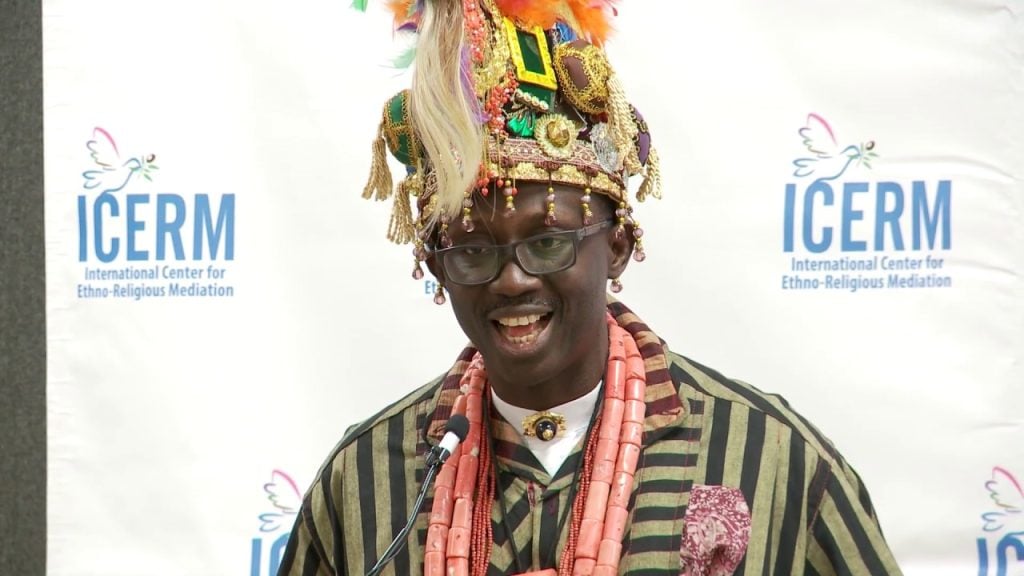
If Nigeria is serious about dealing with oil thefts, it will end in two weeks —Bayelsa monarch, Dakolo
Dakolo faulted the government’s current approach to fighting oil theft.

Dakolo faulted the government’s current approach to fighting oil theft.
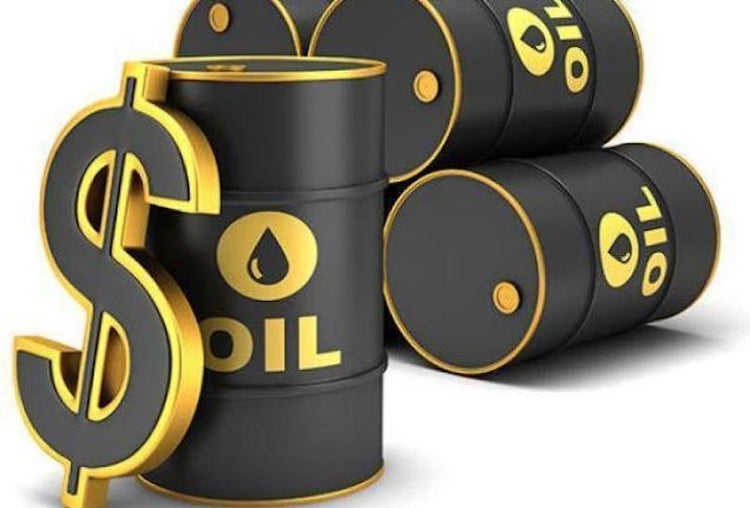
The ship named, Tura II, with a capacity of 500,000 tonnes, was intercepted in the wee hours of Saturday by Tompolo’s pipeline surveillance firm, Tantita Security Nigeria Ltd, stealing crude oil from a wellhead.
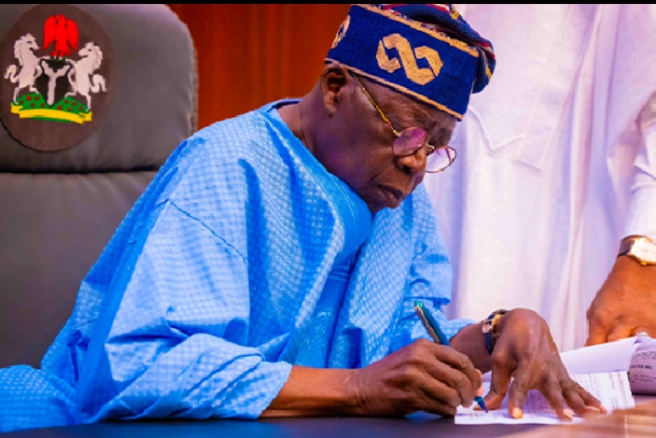
This facility aims to reduce the largest black nation’s reliance on fossil fuel, particularly petrol, as Nigeria moves into a post-subsidy era.
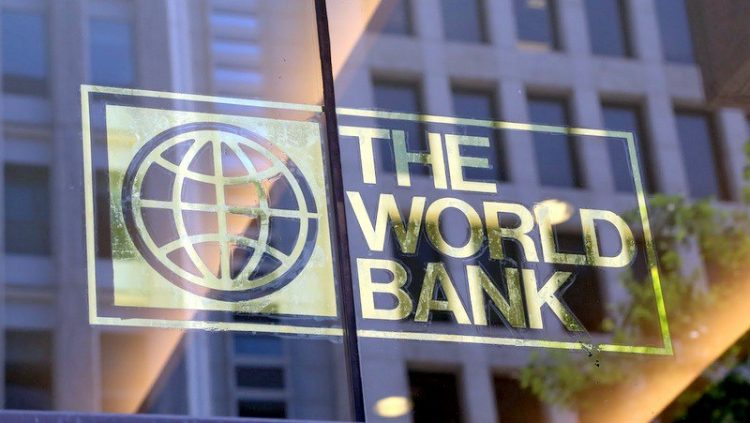
In the letter, which was jointly signed by the Acting President of the manufacturers’ association, Ademola Agoro, and the Secretary, Duro Omogbenigun, the association urged the BPP DG to direct the Transmission Company of Nigeria (TCN), Nigerian Electricity Regulatory Commission (NERC) and the Central Bank of Nigeria (CBN) to honour the pending four million meters supply contract awarded to its members since November 2022 under the Phase 1 of the NMMP.
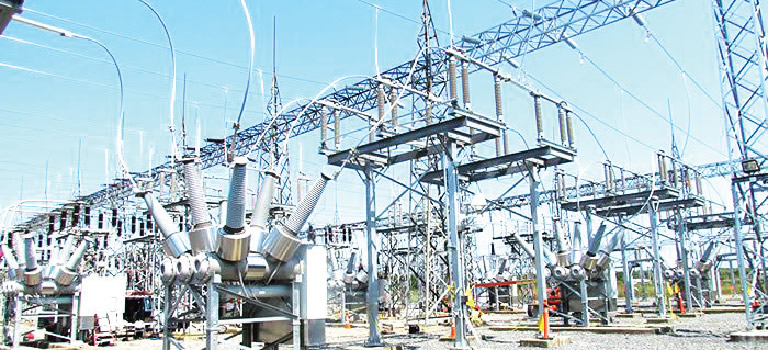
Findings showed the commission issued 114 registration/permits for the development of mini-grids to boost power supply across the country during the period.
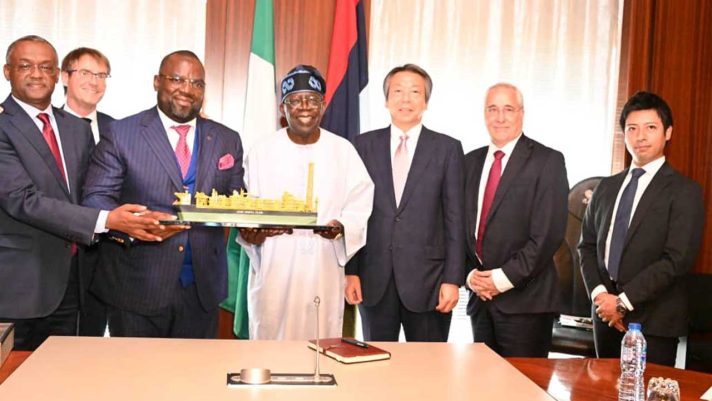
The facility also aims to leapfrog the national economy by producing an annual 1.5 million tonnes of Liquefied Natural Gas (LNG) for export as well as 300,000 LPG metric tonnes for domestic markets, aimed at lowering and stabilising prices of gas, while creating thousands of jobs and investment opportunities in Nigeria.
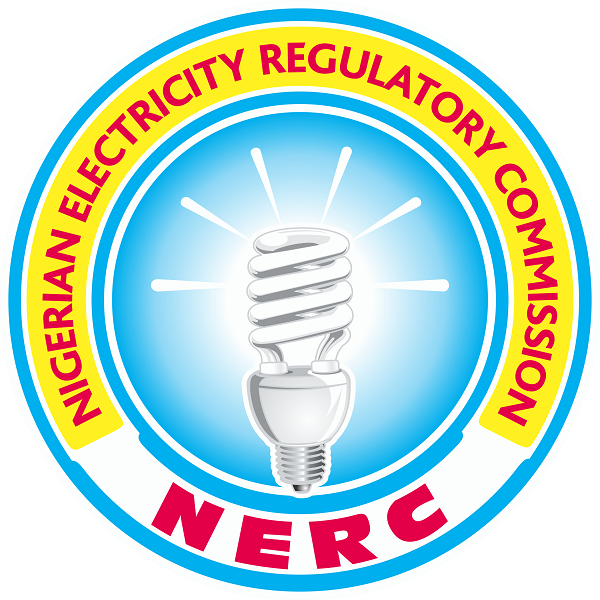
The failure to meet target, according to NERC, comes at a time when the sector was considering an increase in electricity tariffs brought about by macroeconomic conditions.
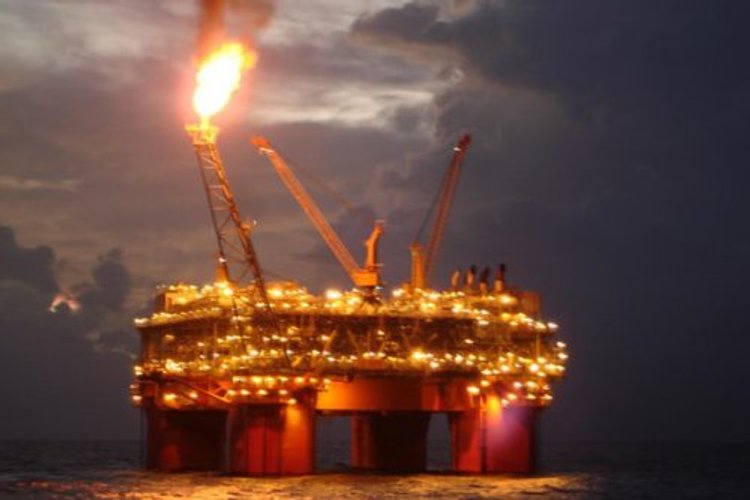
Gas flaring is associated with the burning of crude oil to extract petrol and other by-products. The fracking, or standard process of refining crude oil has contributed to environmental degradation and global warming.
The Foundation, in conjunction with RIDE4HOPE, marked the occasion by launching Mandela Month at Avianto in Muldersdrift, north of Johannesburg.

Availability and affordability are the two major barriers preventing people from gaining access to modern energy services. Millions of people live in places that are disconnected from electricity grids where off-grid solutions are not yet available to them. Millions more might be able to access electricity or clean cooking solutions, but the price of doing so is beyond their means.